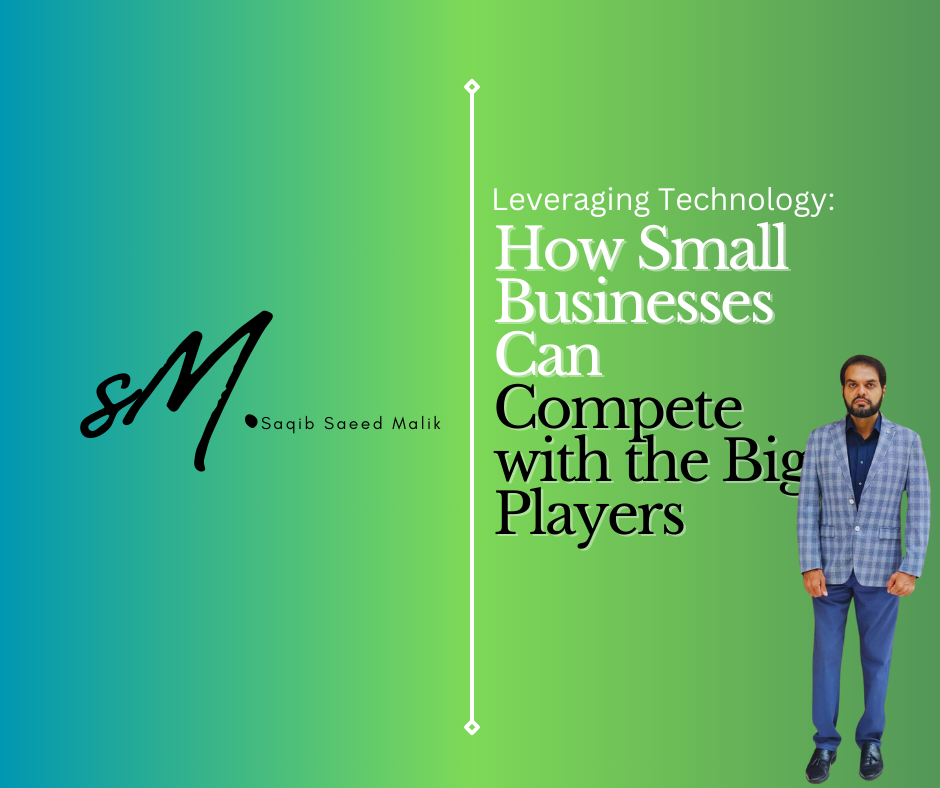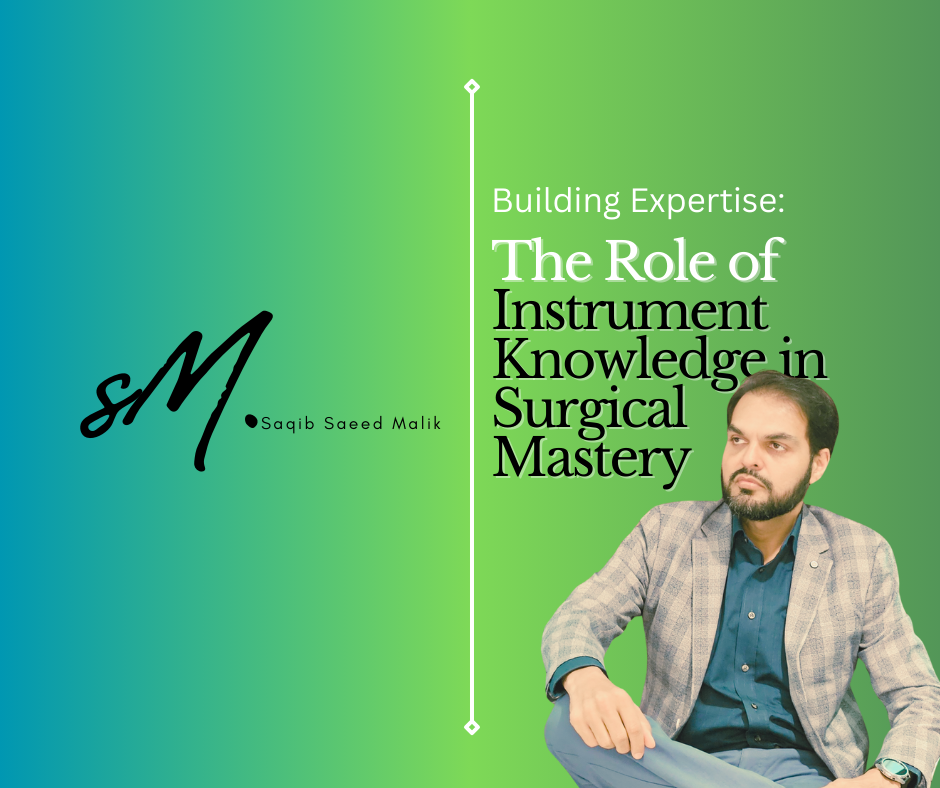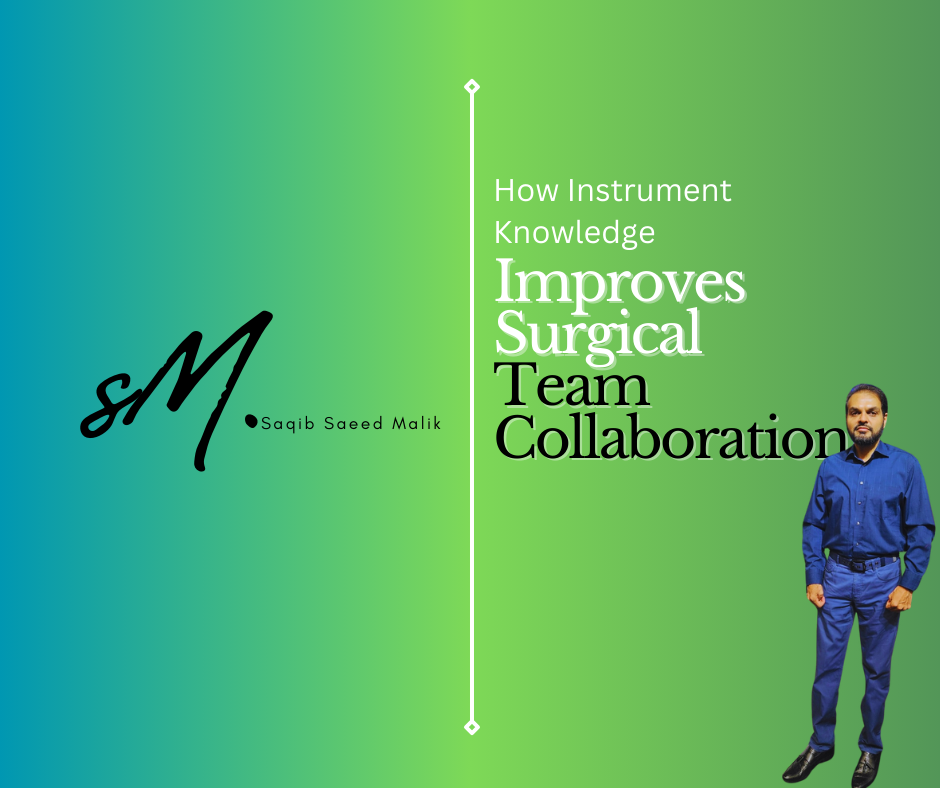In the fast-paced and high-stakes environment of modern operating rooms, every second counts, every movement matters, and every tool can make the difference between life and death. For surgeons and medical teams, precision, reliability, and safety are not just ideals—they are critical requirements. This is where NAZMED SMS SDN BHD comes into play, delivering world-class SMS surgical instruments that are trusted by healthcare professionals worldwide.
When lives hang in the balance, choosing the right surgical instruments is no longer optional—it is a responsibility. Here are five ways SMS surgical instruments from NAZMED SMS SDN BHD can save lives in critical surgeries.
1. Precision That Reduces Surgical Errors
Every cut, clamp, and suture in a surgery carries immense weight. A slight deviation can lead to complications or even fatalities. SMS surgical instruments from NAZMED SMS SDN BHD are engineered with precision in mind.
- Why it matters: Precision instruments allow surgeons to operate with unmatched accuracy, reducing the risk of errors in delicate procedures such as cardiac, neurosurgical, and transplant operations.
- Actionable tip: Equip your operating room with trusted SMS surgical instruments to ensure every incision and maneuver is executed flawlessly.
In critical surgeries, precision is not just about skill—it’s about the tools that amplify that skill. NAZMED ensures every instrument meets rigorous quality standards to safeguard patient lives.
2. Reliability in High-Stress Situations
During emergencies, there is no room for faulty instruments. The difference between a reliable tool and a compromised one can be life-altering. NAZMED SMS SDN BHD provides surgical instruments that surgeons can trust, even under the most intense circumstances.
- Why it matters: Instruments that function consistently prevent delays, reduce procedural complications, and allow medical teams to focus on the patient rather than worrying about equipment failure.
- Actionable tip: Choose instruments that have been rigorously tested for durability and reliability. Trusting your tools is as vital as trusting your surgical team.
A single failure in the operating room can compromise the surgery. With NAZMED’s SMS brand, hospitals and clinics invest in instruments that never compromise patient safety.
3. Enhanced Sterility to Prevent Post-Surgical Infections
Critical surgeries already put patients in vulnerable states. Introducing instruments that fail to maintain proper sterility increases the risk of post-surgical infections, which can be deadly.
- Why it matters: SMS surgical instruments are crafted from premium, sterilizable materials that maintain hygiene and prevent contamination.
- Actionable tip: Implement strict sterilization protocols and use high-quality instruments from NAZMED SMS SDN BHD to minimize infection risks and improve patient outcomes.
In life-saving surgeries, every precaution counts. NAZMED’s commitment to surgical safety ensures that your instruments are a shield against infections, not a liability.
4. Ergonomic Design That Supports Surgeons’ Focus
Lengthy surgeries demand sustained focus and control. Instruments that are poorly designed can cause fatigue, reduce precision, and indirectly jeopardize patient safety.
- Why it matters: Ergonomically designed instruments improve comfort, reduce hand strain, and allow surgeons to perform longer, complex procedures without compromising accuracy.
- Actionable tip: Invest in SMS surgical instruments that prioritize ergonomics, so your team can maintain peak performance in every critical surgery.
NAZMED SMS SDN BHD ensures every instrument combines comfort, precision, and functionality, giving surgeons the confidence to save lives under pressure.
5. Versatility That Adapts to Any Critical Scenario
Critical surgeries often demand a range of instruments to respond to unpredictable challenges. Having versatile, high-quality tools at hand can make the difference between a successful outcome and a tragedy.
- Why it matters: A comprehensive suite of SMS surgical instruments allows surgeons to adapt quickly, whether handling trauma, emergency cardiac procedures, or organ transplants.
- Actionable tip: Equip your surgical units with a complete range of instruments from NAZMED SMS SDN BHD to ensure preparedness for any scenario.
Versatility combined with reliability and precision ensures that no matter the challenge, life-saving outcomes are always achievable.
Conclusion: Every Second Counts, Every Instrument Matters
In critical surgeries, surgeons carry the weight of human lives on their hands. The difference between success and failure often hinges on the tools they trust. By choosing SMS surgical instruments from NAZMED SMS SDN BHD, healthcare facilities ensure precision, reliability, sterility, ergonomics, and versatility—all essential elements for saving lives.
Take action today: Upgrade your surgical instruments, protect your patients, and empower your surgical team with NAZMED SMS SDN BHD’s premium instruments. Every life saved begins with the tools you trust.










